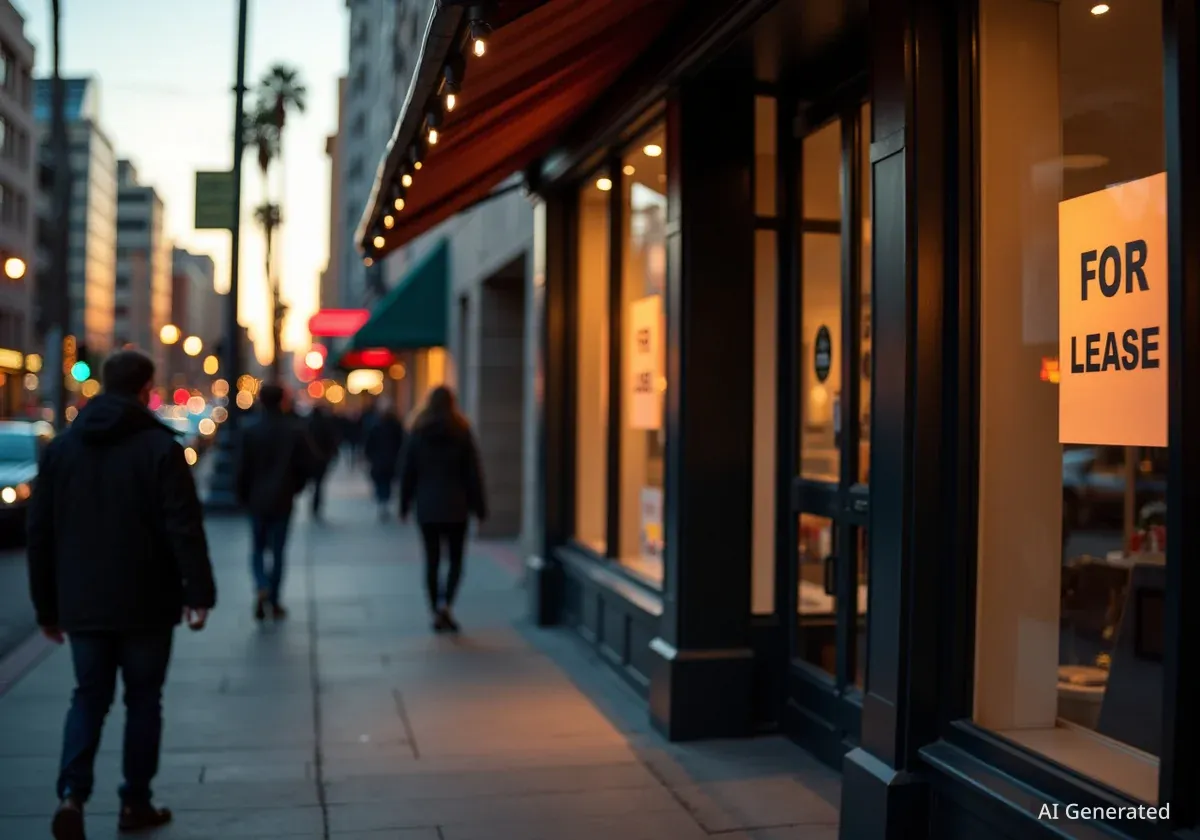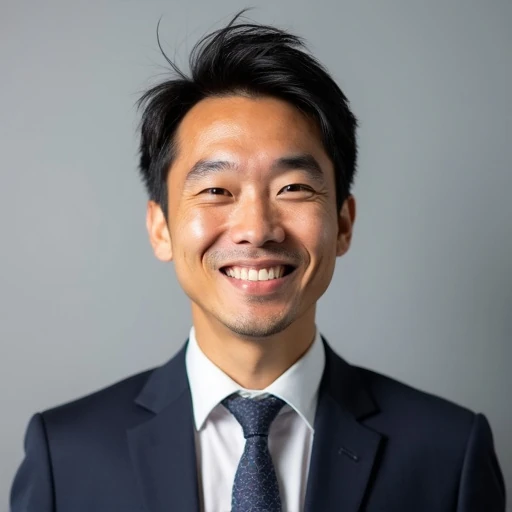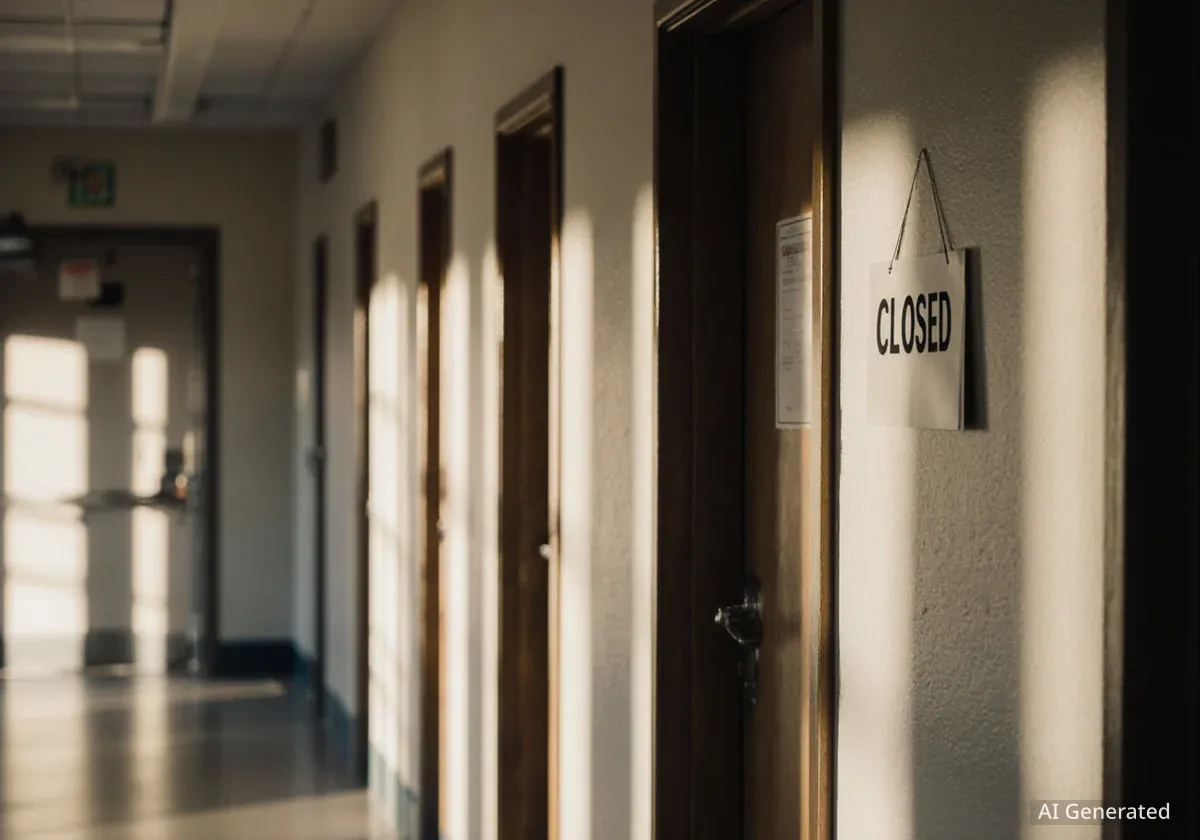Howard University, a prominent historically Black university based in Washington, D.C., is in preliminary discussions to establish a new campus in downtown Oakland. The move could represent a significant step in revitalizing the city's commercial core, which has struggled with high office vacancy rates since the pandemic.
Officials from both the university and the office of Oakland Mayor Barbara Lee have confirmed the ongoing talks, though they emphasize that no concrete plans have been finalized. The potential expansion highlights a growing trend of educational institutions looking to repurpose underutilized urban office space.
Key Takeaways
- Howard University has confirmed it is in "preliminary discussions" with Oakland's mayor about a potential expansion.
- The university has reportedly toured properties in downtown Oakland, including the Trans Pacific Centre at 1000 Broadway.
- The move comes as Oakland's downtown office vacancy rate stands at 37.7%, and city leaders see universities as a way to revitalize the area.
- Notable alumni with Oakland ties, including Vice President Kamala Harris, link the university to the Bay Area.
Early Stage Talks Confirmed
Both Howard University and Oakland city officials have acknowledged the discussions, signaling a mutual interest in the project. However, both parties have been careful to manage expectations, describing the process as being in its very early stages.
A spokesperson for the university confirmed the talks but stressed their preliminary nature. "We have had preliminary discussions with Mayor Lee, but it is premature to discuss any real estate endeavors in this area at this time," the spokesperson stated.
Mayor Barbara Lee's office echoed this sentiment while affirming her active role in the initiative. In a statement, the mayor said, "I have been leading discussions with Howard University and will continue to engage with them about exploring opportunities in Oakland." Mayor Lee has an existing connection to the institution, having received an honorary Doctor of Laws degree from Howard in May.
Deep Bay Area Connections
Howard University has strong ties to the Bay Area, most notably through Vice President Kamala Harris, who is an alumna and an Oakland native. These established connections could play a role in fostering a strong partnership between the university and the city.
A 'Stealthy' Search for Real Estate
While official communications remain cautious, activity on the ground suggests a more active exploration. According to real estate insiders, representatives from Howard University have been touring potential sites in downtown Oakland over the past several months. One of the properties reportedly under consideration is the Trans Pacific Centre at 1000 Broadway.
The search has been described as "stealthy," with one of the initial property tours reportedly taking place over a weekend during the summer to maintain a low profile. The real estate community has not yet been formally engaged in the process, indicating the university is proceeding with discretion.
Space Requirements
Sources indicate Howard University is seeking approximately 60,000 square feet of space for a potential satellite campus. This is roughly equivalent to a single floor in the 375,000-square-foot office building at 1000 Broadway, which is currently largely vacant.
The Trans Pacific Centre has significant availability after losing major tenants in recent years, including the Oakland Unified School District and the Cal State East Bay Oakland Center. This vacancy provides ample room for a university to establish a presence and potentially expand over time.
A Potential Lifeline for Downtown Oakland
The prospect of a major university campus is being viewed as a potential catalyst for the economic revival of downtown Oakland. Like many major urban centers, Oakland's commercial district has been hit hard by the shift to remote work, leading to a sharp decline in foot traffic and a surge in empty office buildings.
The Vacancy Challenge
According to data from real estate firm CBRE, Oakland's downtown office market ended the third quarter of the year with a staggering 37.7% vacancy rate. This figure underscores the challenge the city faces in filling millions of square feet of empty commercial space.
The arrival of a university could inject new life into the area by bringing in thousands of students, faculty, and staff daily. This influx of people would support local businesses, from coffee shops and restaurants to retail stores, creating a more vibrant and economically stable downtown environment.
"The interest from an institution like Howard could be a significant jolt to Oakland’s depressed downtown area," remarked a local market analyst.
Oakland Follows a National Trend
Oakland is not alone in looking to academia to solve its real estate woes. San Francisco has also been actively courting universities to establish a presence in its downtown core. Vanderbilt University is already developing a satellite campus in San Francisco, drawn by the city's booming artificial intelligence sector.
This strategy offers a rare opportunity for universities. With commercial real estate values at a fraction of their pre-pandemic levels, institutions can acquire prime urban locations at a significant discount. For cities, it diversifies the downtown economy, reducing reliance on a single industry like tech.
A Growing University Hub
Howard would not be the first university to invest in downtown Oakland. In January, Samuel Merritt University is set to open its new $240 million campus at 525 12th St., just one block from the building Howard reportedly toured. The new campus will welcome 2,000 students and hundreds of staff members, providing a clear model for how an educational institution can anchor a downtown district.
The timing appears favorable for Howard. A number of office buildings in Oakland have recently been sold due to distressed debt, which has lowered costs for new owners and could translate into more attractive rental rates for a large institutional tenant. While the specific programming for a potential Howard campus in Oakland remains unclear, the move represents a promising development for the city's future.





